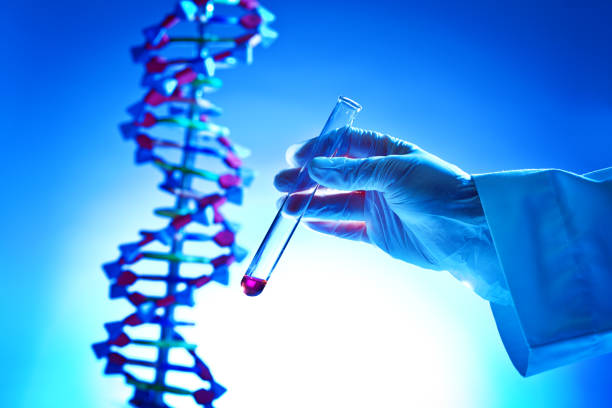What Does a Podiatrist Do
 Having feet or lower limb problems? Consult a podiatrist right away. This doctor specializes in all foot related issues. These doctors have received specialized training in their respective field from an accredited college of podiatric medicine. Even though they possess extensive knowledge of human physiology and even elements of Osteopathic treatment in Reservoir, they are mainly licensed to treat lower leg problems. A podiatrist is responsible for treating a large number of foot related problems such as bunions, blisters, sports injuries, cracked heels, verrucas, ageing feet and so on. Podiatrists are masters of solving problems related with ankle or foot.
Having feet or lower limb problems? Consult a podiatrist right away. This doctor specializes in all foot related issues. These doctors have received specialized training in their respective field from an accredited college of podiatric medicine. Even though they possess extensive knowledge of human physiology and even elements of Osteopathic treatment in Reservoir, they are mainly licensed to treat lower leg problems. A podiatrist is responsible for treating a large number of foot related problems such as bunions, blisters, sports injuries, cracked heels, verrucas, ageing feet and so on. Podiatrists are masters of solving problems related with ankle or foot.
People with Diabetes Need To Be Extra Careful
Thousands of people are required to have a foot amputated due to lack of care and thorough checkup. If you have diabetes and are experiencing sores, callus or warts on your feet, you need to get it checked by a podiatry clinic in Reservoir right away. These highly trained doctors can help prevent the feet from getting amputated. They will prescribe you with the right kind of medication and sometimes exercise leading towards a better and cured overall foot. Anyone having diabetes need to be extra careful when it comes to experiencing foot related problems. A minor negligence can lead towards serious complications.
Podiatrist Can Cure the Feet in Many Ways
If you’re suffering from arthritis, a podiatrists in Reservoir may check your joints for possible wear and tear and prescribe a treatment accordingly. Sometimes having a surgery is the only option to get completely cured from this disease. If a podiatrist sees any abnormality in your feet, he will possibly recommend physical therapy, drugs or special shoes for you to wear until the problem is gown.
Podiatrist Are Widely Known for Treating Nail Disorders
If you’re having any sort of nail deformity, fungus or an ingrown toenail, a podiatrist might be your best option. The trained doctor will examine the matter thoroughly and prescribe a treatment according to the situation in hand. He will possibly prescribe suitable medicine for the cause or in worst cases recommend an immediate surgery. If you’re experiencing any kind of nail disorders, you need not to take the matter lightly. You need to show and tell the local Podiatrist Bundoora, Podiatry Clinic near Preston, Podiatrists near Thomastown & Local Podiatrists near Thornbury everything you know about the deformed toenail. The faster you have your feet checked, the better are the chances for it to be cured in the right time and in the right possible way.
Growing Pains Need To Be Checked Immediately
If your toes don’t line up right and you’re experiencing growing pains, you need to visit a podiatrist at your earliest. Growing pains are never to be taken for granted. Ignoring pain is going to make matters worse therefore, It is really important to see what your podiatrist has to say. The doctor will possibly prescribe insoles, braces or particular exercises in order to ease the pain. If it’s too late and the matter is getting out of hands, the doctor might recommend an immediate surgery.

